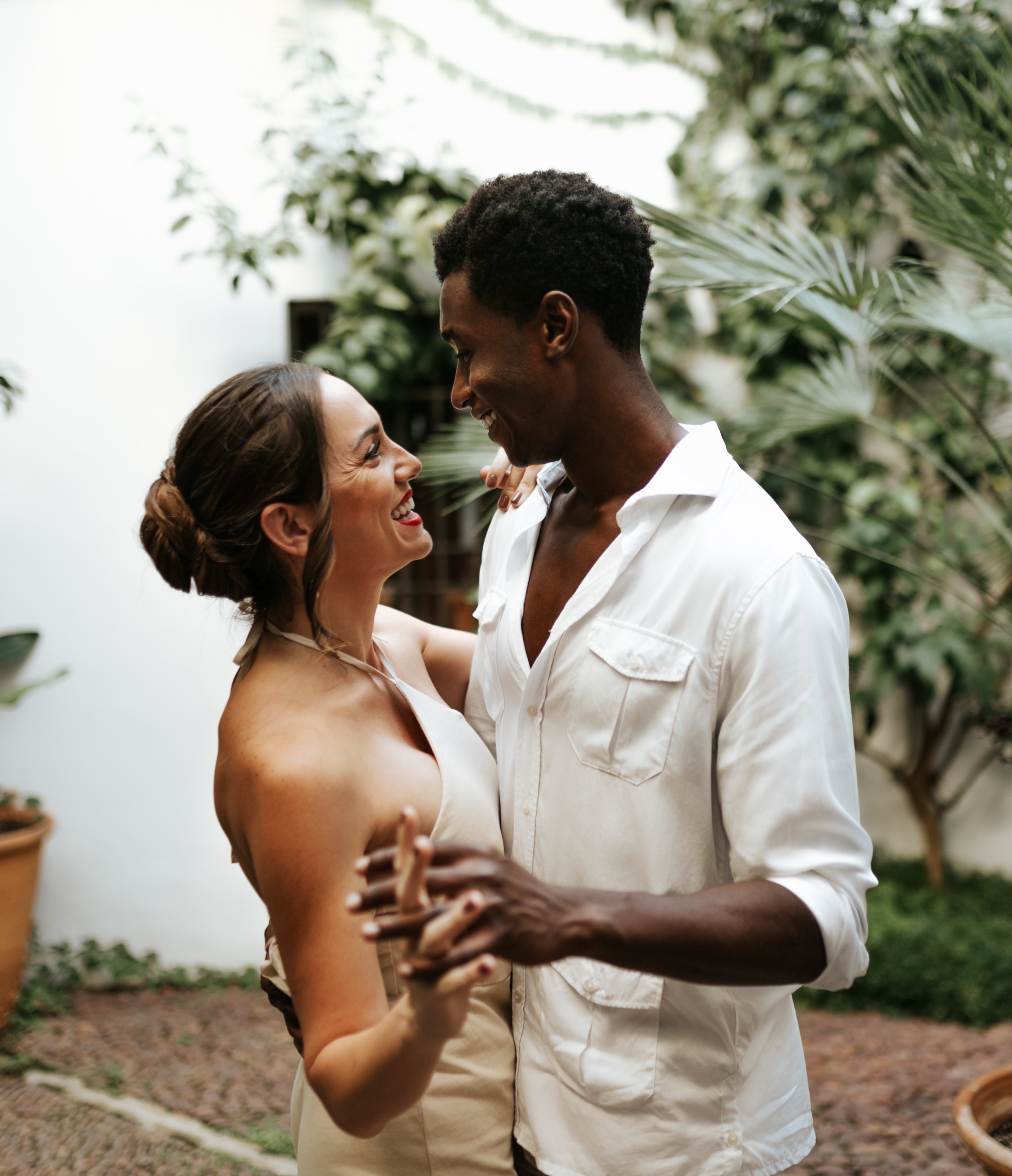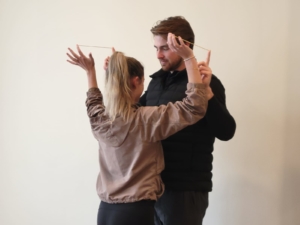Gal’s Approach…
Couples therapy with Gal Szekely
Every couple is different, and so every couple requires their own approach that is unique to them. Yet there are some general principles of working that apply to Gal’s couples work with most couples and they are detailed below. For more information about Gal, click the below button.

Focus on the pattern more than the issue.
Couples argue over many things, and they can all seem important. It feels like you have to hash out each and every issue to actually get on the same page. In fact, every couple usually has one or two underlying patterns that are the cause of all of the fights.
That’s why many times it feels like you’re stuck in the same, tired old argument. You know where this is going even when you’re talking about different things. Instead of trying in vain to resolve specific topics, Gal tends to focus on discovering this stuck pattern and how to change it. The result is that communication improves much faster and the couple feels they learned valuable things about each other and themselves.


Balance of intimacy and communication.
Intimacy and connection are closely related to conflict. When a couple feels close to each other, their conflict improves – and when they feel distant they are more likely to argue. Of course, the reverse is also true – when you’re fighting, you’re less intimate with each other.
The first part (the intimacy one) is the one that usually gets neglected – by couples and also by therapists.
Through focusing on small things that can improve connection and intimacy, couples make steps towards closeness – which then help them with their communication.

Pay attention to non-verbal communication.
Nearly everyone agrees that your non-verbal communication is more important than what you are saying. That’s even more true for intimate relationships. One partner’s facial expression, tone, voice, gestures, and body posture really impacts the other. The problem is that we’re not usually aware of the message we’re giving – not to mention, your partner might interpret your message the wrong way, without even knowing they are doing it. In couples therapy and couples retreats, Gal helps couples pay attention to their body language, using the body to discover what is really being communicated to each person, along with correcting wrong interpretations of those messages.
In professional terms this is called Somatic Psychology (soma = body) and it’s a powerful method for tapping into your experience and creating change. The way we hold our body reflects many of our feelings as well as our personality. Gal might invite someone to try a gesture or a posture and see how they feel, and when relevant, might use touch to help you or your partner become aware of how you’re responding to something your partner said. This offers a powerful chance to change your perspective and thus your response.


One experience is worth a thousands words.
In couples therapy Gal uses experiential exercises instead of just “talking about things.” Exercises are designed to elicit the theme that a partner or the couple is facing in an immediate and direct way. Couples often remark at the end of therapy with Gal that what they remember most are the exercises they did, which helped clarify things for them.
For example, Gal might ask a couple to stage a “sculpture” that reveals the relationship between the partners when it’s not working, and another one for their ideal future. During the sculpture exercise partners come to viscerally understand how their partner perceives the relationship. They also gain direct insight into what’s needed in order to move from the existing relationship to the one they are hoping for.

Your relationship is your teacher
Gal sees relationship as a teacher, a guide for each person on their path towards personal growth and fulfillment. The challenges we face show us something about ourselves, and also help us see where we need to grow and change. The fact that someone gets frustrated, hurt or angry in a relationship is actually a testimony to how important their partner is for them and how much they are longing to feel loved, accepted and secure with their partner. Whether couples decide to stay together or break up, they always have a lot to learn about themselves through working on their relationship challenges.

